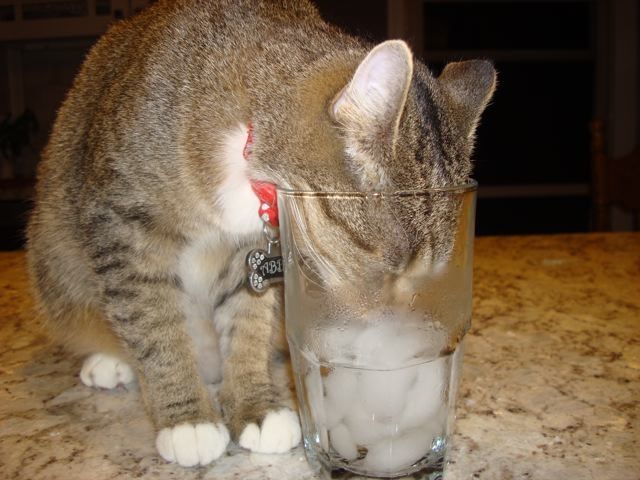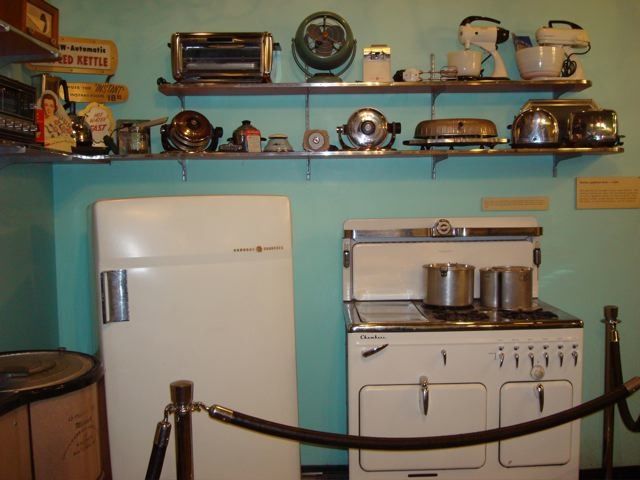
As we age, we lose our sensation of thirst. I was surprised to learn that, but trust that it’s true, as the information came from a nephrologist. Dehydration is all too common among the elderly, and it can have devastating affects. One of the reasons older folks become dehydrated is because they don’t feel thirsty, and when they do drink they don’t drink nearly as much. Sometimes not wanting to get up to use the bathroom during the night is another reason they tend not to want to drink enough water.
Our bodies are about 60%-70% water. In fact, our brains are closer to 90% water. If we feel the thirst sensation, we are already slightly dehydrated. Often times when we are feeling fatigued it is because we are in need of water. Dehydration can also be the cause of headaches. In fact, that is really what a hangover is.
As we age, we are less able to distinguish the difference between thirst and hunger. Often times we will eat a snack, when all we really needed was a glass of water. If saving those calories isn’t enough to make us want to pour a beverage, then maybe pain reduction is. Drinking more water can mean less muscle and joint pain. One time I complained about how difficult it was for the technicians to find a vein when I go for those early morning, after 12-hour fast, blood tests. My son suggested I try drinking a full glass of water before heading to the lab. Sure enough, it worked!
Since we loose that sensation of thirst as we age, and we as mid-lifers are aging, then maybe getting into the habit of drinking more water would be something we should start to work on now. In fact, as we work on breaking those bad habits, replacing them with good habits would make things easier. Replacing that afternoon candy bar with a tall glass of iced green tea would seem as if we weren’t depriving ourselves, but rather swapping treats. A tall icy glass of water with a few slices of cucumber is surprisingly refreshing. If it’s chilly outside, then a pot of tea, made the British way with loose tea in a pretty teapot, can seem like a luxury. At least if we have to have that cookie we can have it the old fashioned way, with a big glass of cold low fat milk. If we really do just want to eat a snack, then at least we can make it something that has a high water content, like watermelon or other juicy fruit.
Out of all of the things on our “should do” list, drinking more water or liquids is one of the easiest. No excuses.



